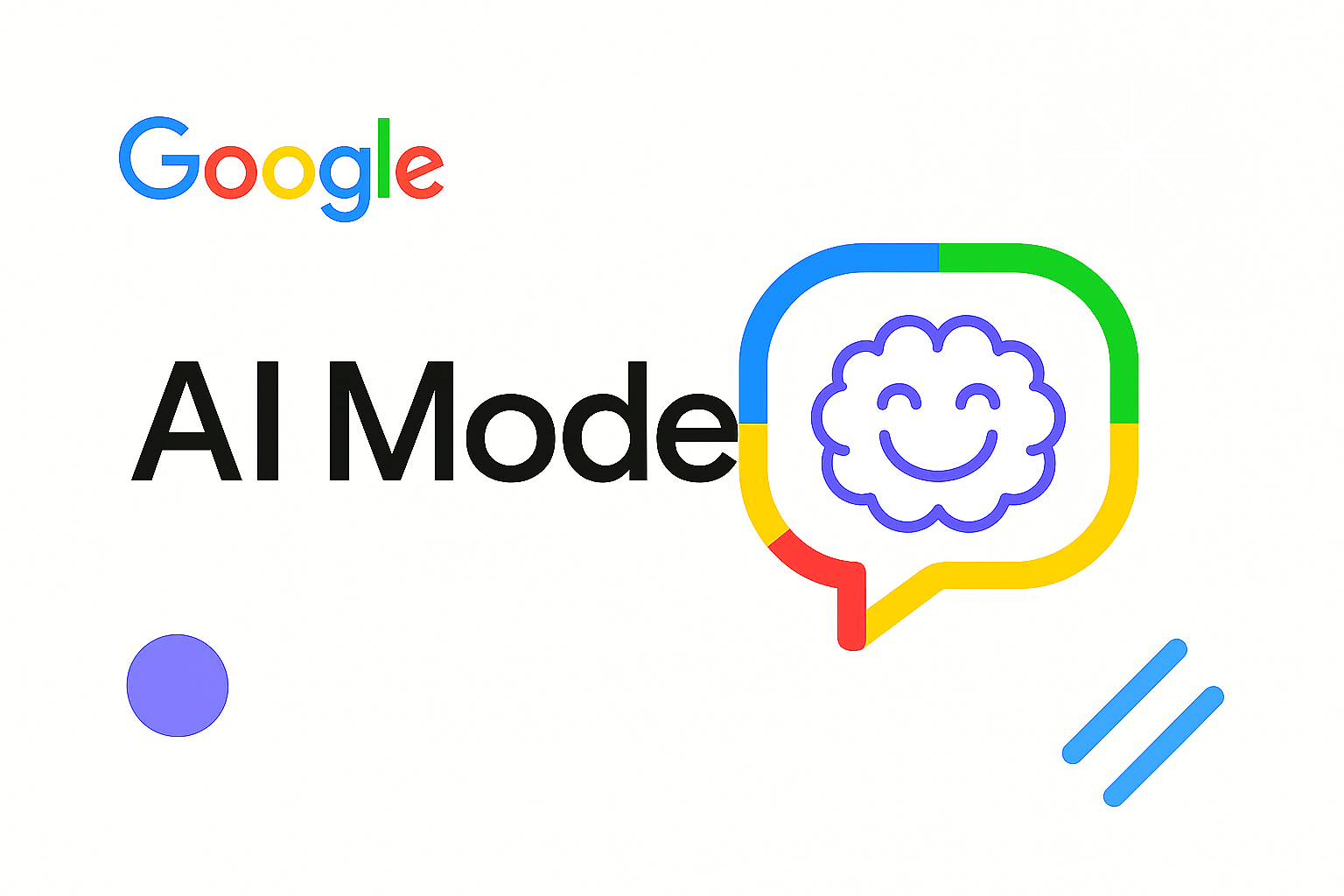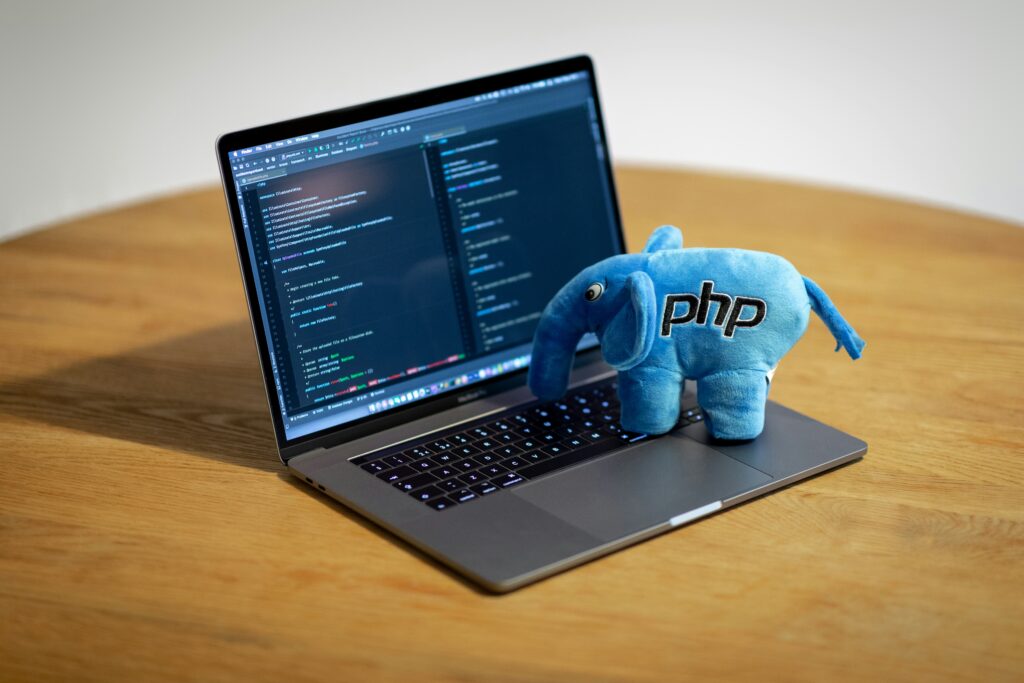
Long Tail keywords: The Long and Short of It!
by NosheenIn the world of Internet, hits and misses drive business and the long & short of it is decided by keywords. What SEO does for businesses, long-tail keywords do for conversions.
Long-tail keywords are more specific, catering to definitive searches, as opposed to generic keywords. For example, if you are looking for a track, it’s like mentioning the exact track lyrics rather than browsing the whole oeuvre of an artist by mentioning his name.
Starting with a new business and relying on high-search volume keywords is a risk proposition as reaching a rank amongst top-notch competitors is not an easy task.(Find out more on this here: http://www.seobook.com/why-it-makes-sense-target-longtail-keywords-first). It’s like getting lost in the traffic where zillions are already endeavoring to maintain their hard-earned positions.
Long Tailed Keywords – Far from the Generic Crowd
Long-tail keywords, although get you minimum traffic but certainly assure you a ranking. As mentioned by Chris Anderson, editor-in-chief, Wired magazine, “If the 20th- century entertainment industry was about hits, the 21st will be equally about misses”.
The long-tail keyword Internet marketing strategy is all about those missed misses which aren’t tapped by the established high-ranking websites. Long-tails drive the traffic seeking a definitive search (Read: http://www.searchengineguide.com/matt-bailey/keyword-strategies-the-long-tail.php).
As Internet specifically denotes abundance, long-tail keywords denote the scarcity that can be maneuvered toward conversions. This is just in accordance with the 80-20 rule (The Pareto Principle, the law of the vital few) which states that, “for many events, roughly 80% of the effects come from 20% of the causes”.
Conclusively, you climb the ladder with misses and chart the success route with less sought-after keywords but definitive conversions.
- About the Author
- Latest Posts
I am a writer, reader, and a part time adventure and travel enthusiast. The other three things that vie for my mind share are dark chocolate, coffee, and photography. I am highly motivated by user perspectives and addressing the common human experience when I write.
-
Google AI Mode Explained: How It’s Reshaping Search and Content with Real Examples & Tips
by Tapam Jaswal
If you’re in SEO or content and have been watching Google’s changes, you already know: AI Mode isn’t a minor …
-
Jiva’s Organic Traffic Growth: 354% Surge in 6 Months | CueForGood
by Nida DanishSummary: Jiva’s efforts to empower smallholder farmers weren’t gaining the digital traction they deserved. With a strategic overhaul led by …
Continue reading “Jiva’s Organic Traffic Growth: 354% Surge in 6 Months | CueForGood”
-
What We Learned When We Switched From Disposable Tissues to Reusable Napkins
by Nida DanishAt CueForGood (CFG), we’ve embraced a refreshing change: reusable cloth napkins. While the switch may seem minor, it’s rooted in …
Continue reading “What We Learned When We Switched From Disposable Tissues to Reusable Napkins”
-
Of Light, Laughter & Transformation: Diwali 2024 at Cue For Good
by Nida Danish
On any given day, walking into the Cue For Good office feels like stepping into a space with heart. It’s …
Continue reading “Of Light, Laughter & Transformation: Diwali 2024 at Cue For Good”
-
Why PHP Still Matters in 2024: A Look at Its Continued Relevance
by Girish TiwariAt its peak in the early 2010s, PHP powered the majority of websites globally, including major platforms like Facebook and …
Continue reading “Why PHP Still Matters in 2024: A Look at Its Continued Relevance”
-
How Meta’s New Holiday Ad Features Can Transform Your Business This Season
by Charanjeev SinghThis year, Tapcart’s 2024 BFCM Consumer Trends Report suggests that nearly 60% of shoppers kick off their holiday shopping in …
Continue reading “How Meta’s New Holiday Ad Features Can Transform Your Business This Season”






